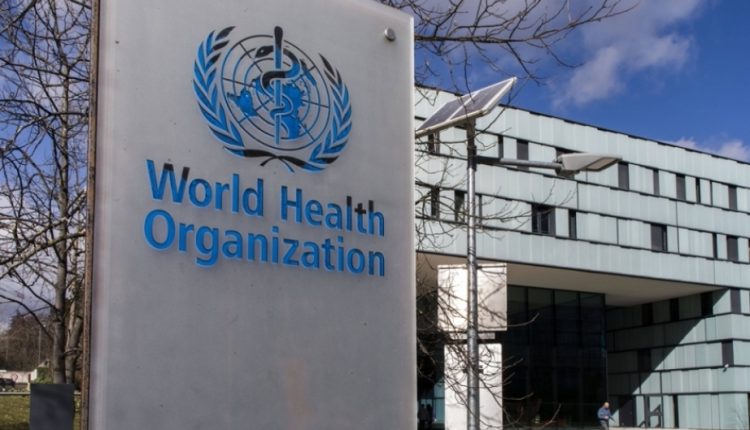WHO: Over 15 Million Syrians Urgently Need Healthcare Amid Fragile Transition
QAMISHLI, Syria (North Press) – More than 15 million people in Syria, including millions of internally displaced persons, urgently require healthcare, according to Margaret Harris, spokesperson for the World Health Organization (WHO). Speaking on Wednesday, Harris emphasized the immense challenges facing Syria’s healthcare sector during its fragile and complex transitional period.
A Struggling Healthcare System
Harris highlighted the widespread damage to Syria’s healthcare infrastructure, with many facilities either destroyed, overwhelmed, or underfunded. “The country is currently experiencing a fragile and complicated transitional phase,” she noted, adding that the healthcare sector faces a significant funding gap that impedes the procurement of essential medical supplies and equipment.
In her remarks, Harris pointed out that restoring Syria’s healthcare system is not solely about rebuilding infrastructure. “Healthcare services are not about buildings but about people,” she said, underscoring the importance of trained personnel, goodwill, and determination in reviving the sector.
The Humanitarian Context
Syria’s healthcare crisis is part of a broader humanitarian catastrophe stemming from over a decade of conflict. Displacement, poverty, and economic collapse have left millions vulnerable, with limited access to basic services.
The WHO’s latest report estimates that millions of displaced individuals are living in dire conditions, often far from functioning healthcare facilities. This has compounded challenges such as malnutrition, chronic illnesses, and the resurgence of preventable diseases.
Funding and Resource Gaps
The WHO has called for immediate international support to address the healthcare crisis. However, the funding gap remains a critical obstacle. Despite ongoing appeals, the organization has received only a fraction of the resources needed to meet Syria’s healthcare demands.
Harris urged donors and international organizations to prioritize Syria’s healthcare needs, warning that failure to act could exacerbate an already dire situation. “There is a critical need to procure large quantities of medical equipment and supplies,” she stressed.
A Path to Recovery
Restoring Syria’s healthcare system will require a multi-faceted approach. Beyond rebuilding infrastructure, there is an urgent need to train and retain medical professionals, ensure the availability of essential medications, and provide mental health support to a traumatized population.
Experts believe that sustainable recovery will depend on long-term investment and collaboration among local, regional, and international stakeholders. The transition period offers an opportunity to reimagine and rebuild a more resilient and equitable healthcare system.
Global Responsibility
The WHO’s plea for support serves as a stark reminder of the global community’s responsibility to assist Syria in its recovery. As the country navigates its post-conflict challenges, healthcare remains a cornerstone for stability and resilience.
Without immediate and sustained action, millions of Syrians will continue to face life-threatening conditions, further complicating efforts to achieve lasting peace and development in the region.

